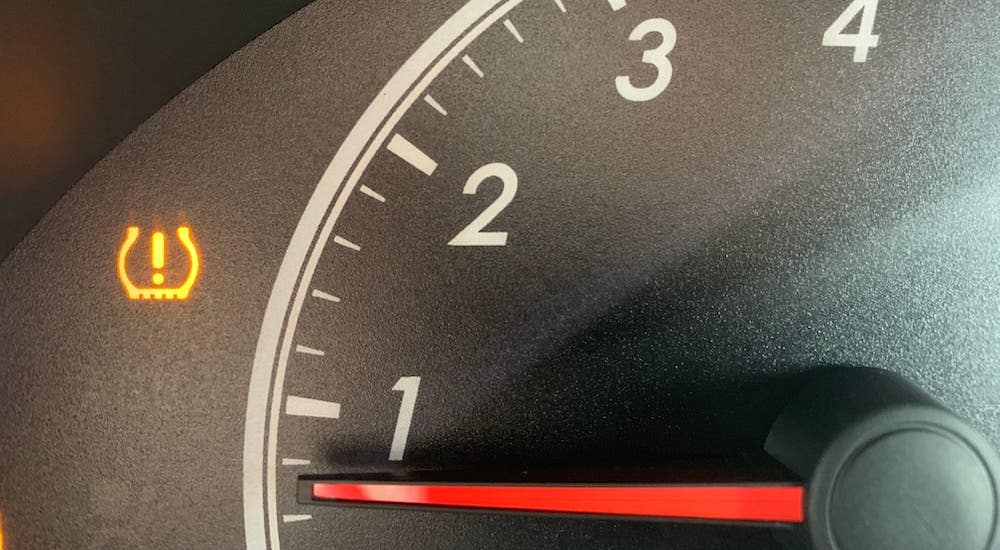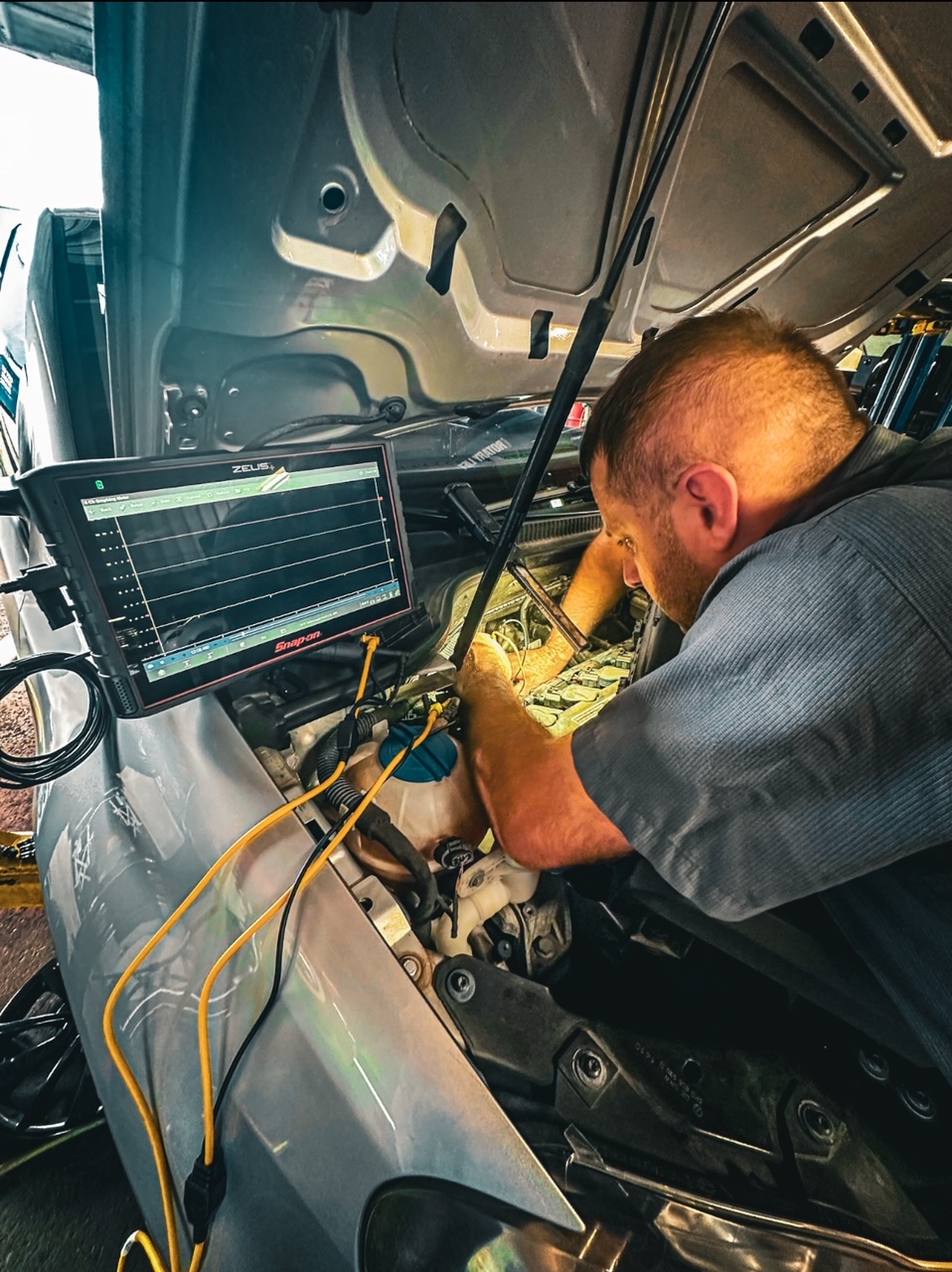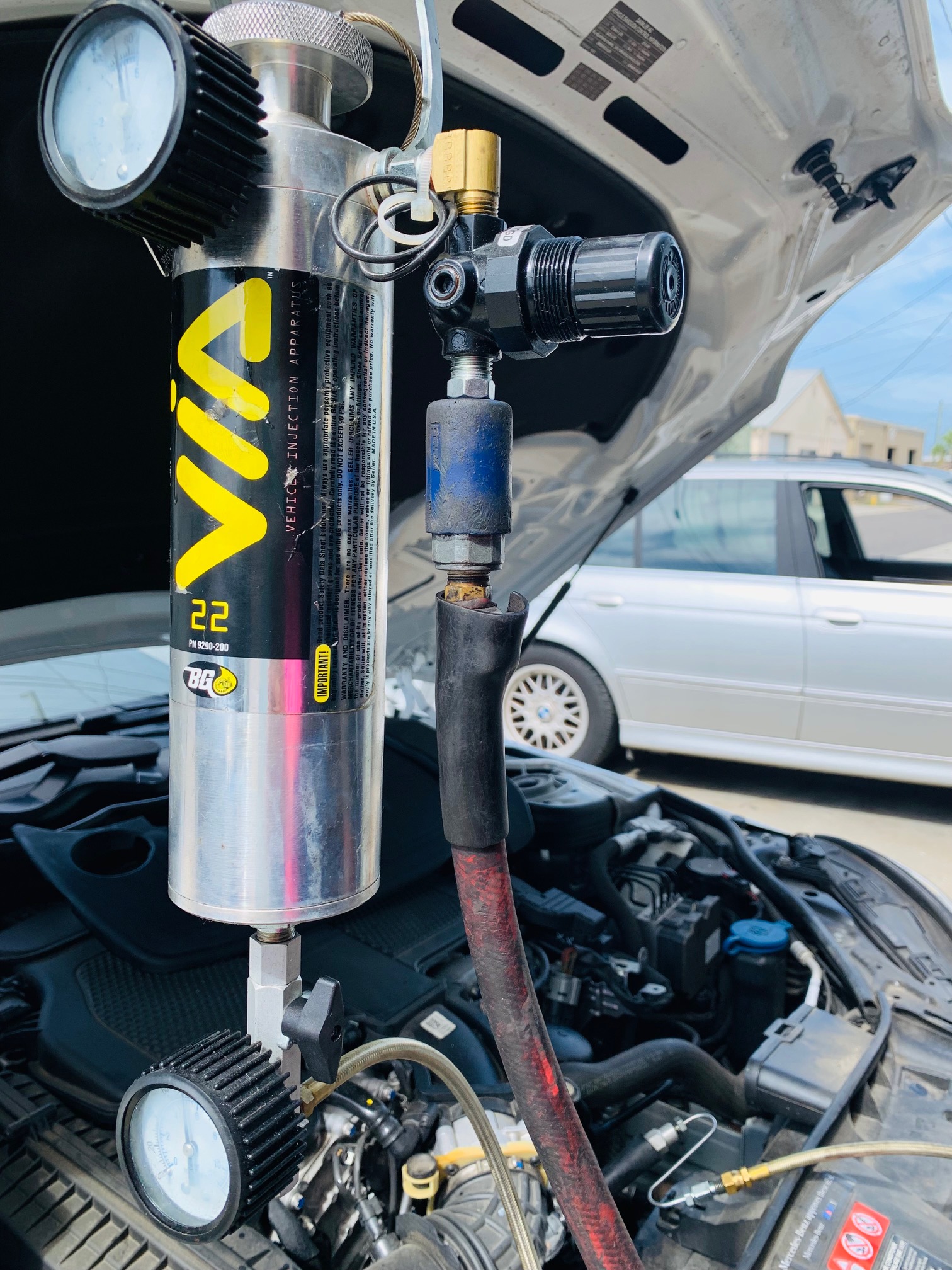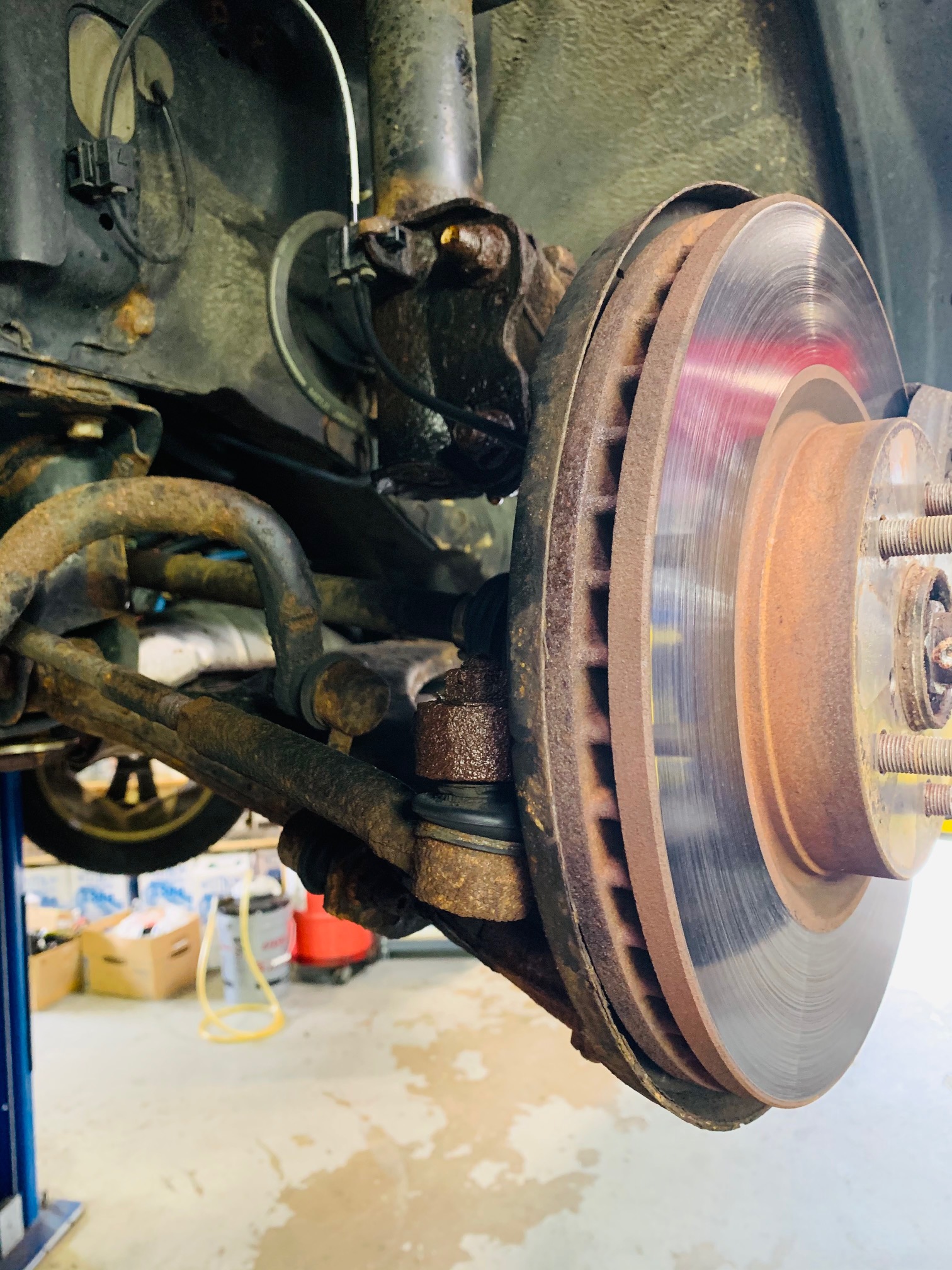Posted on 1/21/2025

Why Tire Pressure Lights Come On When Temperatures Drop As the seasons change and temperatures take a dive, you might notice an all-too-familiar alert on your dashboard: the tire pressure warning light. While it may seem like a small annoyance, understanding why this happens and how to respond can help keep you safe on the road and protect your tires from unnecessary wear and tear. Why Does Cold Weather Affect Tire Pressure? Tire pressure is directly impacted by temperature because air expands when warm and contracts when cold. For every 10°F drop in temperature, your tires can lose approximately 1 to 2 pounds per square inch (PSI) of pressure. That means if you filled your tires to the recommended PSI on a warm day, the colder weather could cause the pressure to dip below the manufacturer’s guidelines, triggering the tire pressure monitoring system (TPMS) light. Is It Safe to Drive With the Tire Pressure Light On? If yo ... read more
Posted on 8/6/2024

Why Is The Car With Squiggly Lines and The ABS Light on Dash Hey there everyone! Welcome back to our blog page! We recently had a vehicle in the shop that had a few dash lights on on a Volkswagen. We thought it would be a good idea to dive into two of them to see what kind of diagnosing extent a technician may need to go through to find the cause of the problem. (photo taken from actual digital vehicle inspection) In this vehicle, the customer had two lights on together on the dash, the ABS light and the "car with squiggly lines" better known as the Traction Control light. Now, before we get into it, this is just a scenario for what we found with this vehicle, this does not necessarily mean that if these two lights are on together, that this will always be the same diagnosis. It could be something entirely different, so just keep that in mind. Upon pulling the codes to this vehicle, the codes lead us to a sensor or circuit ... read more
Posted on 6/16/2021

What is Carbon Build-up? How Does it Affect my Engine? Carbon build-up can be found inside the engine. Over time carbon builds up inside the engine from exhaust and fuel combustion. As the engine burns fuel, the layers of carbon build up causing the valves to stick. This can impede the valves sealing correctly when disposing of exhaust or intaking air into the cylinder. Carbon can also plug up your fuel injector nozzles resulting in poor fuel delivery. For example, when there is a fire in the chimney you can see soot start to build up on the inside walls. This is exactly what is happening inside the engine! Oil travels a long road before it winds up in your vehicle. Gasoline from oil refiners such as Shell, Chevron, etc. mix their gasoline with their own kind of detergents. These detergents are formulated to remove or prevent the carbon build up in the fuel injectors and intake valves. This may differ though with a direct injec ... read more
Posted on 5/14/2021

Why Is My Car Hard To Steer? Why Is My Car Not Driving Straight? Why Is My Car Making A Strange Noise When Turning? The answer to this question may be the result of a bad Tie Rod. The Tie Rod connects the Steering Gear or Power Steering Rack to the wheel of your vehicle. Over time, the pivoting joint of the tie rod can wear out, causing your tire to no longer stay in alignment. When you are turning your wheel a little bit and the steering feels loose, or the vehicle isn't responding to the way you are turning your steering wheel, this would be the reason. Other symptoms include: No steering at all or unusual steering High pitched squealing noise (especially around turns) Uneven wear on tires Wheel alignment off Our mechanics routinely check your tie rods when your vehicle comes in for service. To safely inspect ... read more